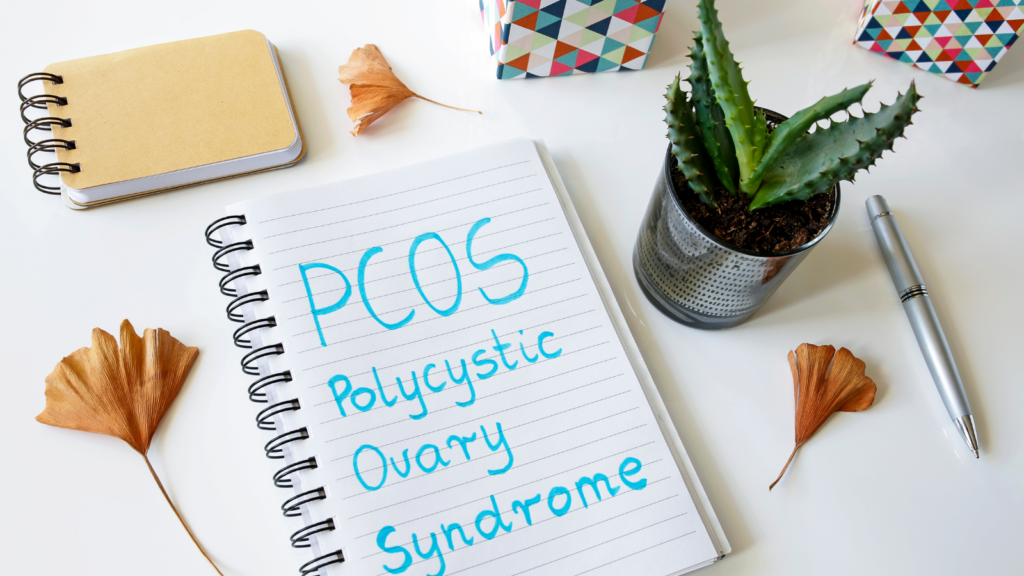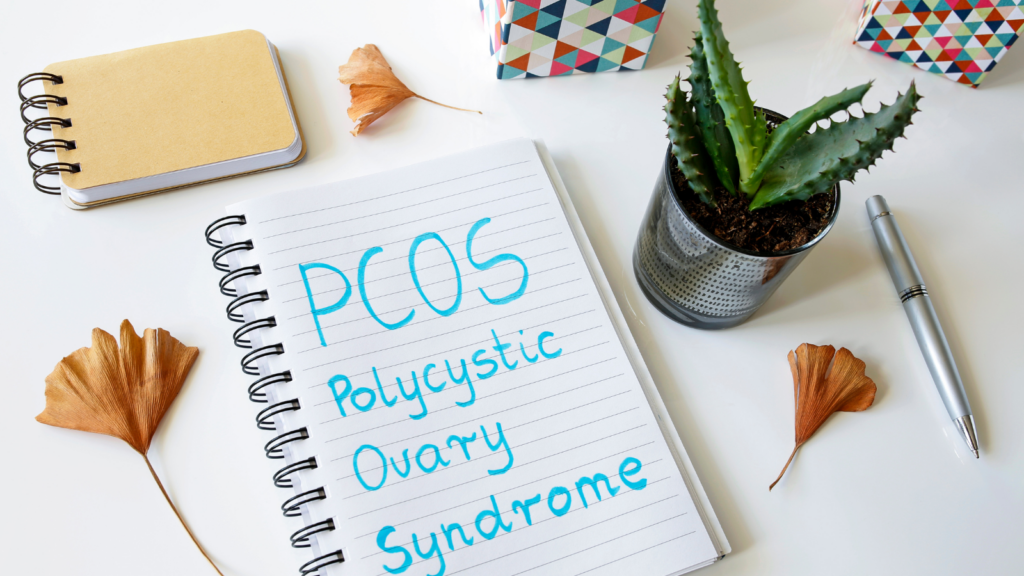The ketogenic diet may lower testosterone levels in PCOS-afflicted women, improving their chances of getting pregnant.

According to a recent study, PCOS symptoms may be lessened by following a ketogenic diet. Up to 5 million American women of reproductive age may be affected by polycystic ovary syndrome, one of the main causes of female infertility.
A recent study suggests a link between the ketogenic diet and fertility in females with polycystic ovarian syndrome (PCOS), which was published in September 2023 in the Journal of the Endocrine Society.
According to the research, women with PCOS may have lower testosterone levels if they follow a ketogenic diet.
How does Keto help
The keto diet plan places an emphasis on high-fat, low-carb diets. The body enters a metabolic state known as ketosis when carbohydrate intake is drastically reduced.
According to research author Dr. Karniza Khalid, the study presented concrete evidence from pooled clinical data on the relationship between the ketogenic diet and improvement in reproductive hormone levels (which affect fertility) in women with PCOS.
Ketogenic diets have been demonstrated to reduce insulin and blood sugar levels in previous studies.
According to Dr. Adi Katz, the ketogenic diet can result in weight loss and better insulin sensitivity, both of which reduce insulin spikes.
Katz says that the ketogenic diet may help control these hormonal imbalances, possibly resulting in more regular menstrual periods and a decrease in signs like hirsutism and acne. According to Dr. Hugh Taylor of Yale School of Medicine, some persons with PCOS will have insulin resistance, which may increase their risk of developing type 2 diabetes.
Additionally, increased testosterone levels contribute to the emergence of PCOS. Taylor highlighted that the increased testosterone production caused by the elevated insulin level linked to insulin resistance causes PCOS.
Taylor stated that testosterone can play a significant role in PCOS-related acne and hair growth in some individuals. Higher amounts of insulin and testosterone can potentially prevent ovulation, cause irregular or nonexistent menstruation, and impair fertility.
PCOS is a serious leading metabolic condition. In between 50 and 90 percent of PCOS sufferers, insulin resistance exists.
Both PCOS and insulin resistance can be caused by or made worse by the condition. Increased androgen may make the resistance worse. Obese people with insulin resistance are more likely to have PCOS, but vice versa is also true.
Conclusion
A recent study found that women with PCOS who follow the ketogenic diet may have reduced testosterone levels.
Insulin resistance and PCOS are associated. A contributing component to PCOS is an increase in testosterone production brought on by higher insulin levels.
By eating a low-carb, low-sugar diet, staying at a healthy weight, and exercising frequently, PCOS symptoms can be controlled.
